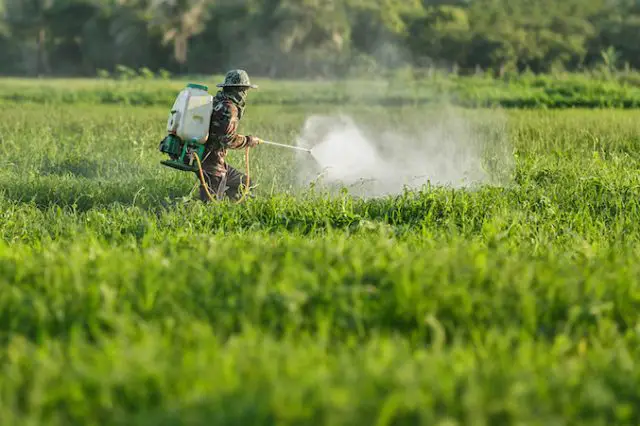Science and innovation seem to be the answer to the problem of how to feed the world population in 2050, with fewer agricultural areas. However, a major challenge is to eliminate the collective fear of everything developed in a laboratory.
The planet has 71% water and 29% land, of which a little more than 50 million square kilometers are agricultural areas, but not all of them are capable of supporting crops. It is expected that, in 30 years, the population will go from 7,000 to

Scientists argue that this trend of fearing science and innovation is the result of ignorance and marketing. In addition, remember that food and industry are safer today thanks to the advances that have made products that allow a better quality of life such as textiles, hygiene items, or vaccines.
Part of this trend is called “Chemophobia”. This is
“In the case of an agricultural input for a product to go on the market, at least 20 years of studies are necessary and in order to register it with the regulatory authorities of a country, a minimum of 100 scientific research works must be submitted to support it. That is, their safety is more than proven”, said Marcela Chacón, director of Public Affairs and Government of Bayer.
Glyphosate and the fear of science
Glyphosate is a clear example of a product victim of the fear of scientific research. As one would say with its chemical name, N-phosphonomethylglycine, this herbicide is an analog of glycine, a natural amino acid.

It is a broad spectrum herbicide developed for weeds. Its mechanism of action consists in inhibiting weed enzymes, necessary for the manufacture of amino acids and, therefore, preventing their growth.
The herbicide is efficient and also does not interfere in mammals or people as they lack the enzyme that is inhibited by this compound. Glyphosate has been used safely and successfully throughout the world for more than 4 decades more than 800 scientific investigations guarantee its safety.
In addition, on April 30th, 2019, the United States Environmental Protection Agency (EPA) reaffirmed that the herbicide is not carcinogenic and did so within the framework of the analysis process to reapprove permits for agricultural use in the USA.
It is important to highlight that weeds can represent up to 20% loss in crops if they are not controlled in time, so glyphosate is a very valuable tool and limiting its use is directly detrimental to farmers and the country’s competitiveness.
“It is proven that the
Therefore, the prohibition of an agrochemical cannot be craving or arbitrary, since it must necessarily have a scientific reason derived from the toxicological and ecological profile of the product, beyond whether it is a chemical or natural product.

